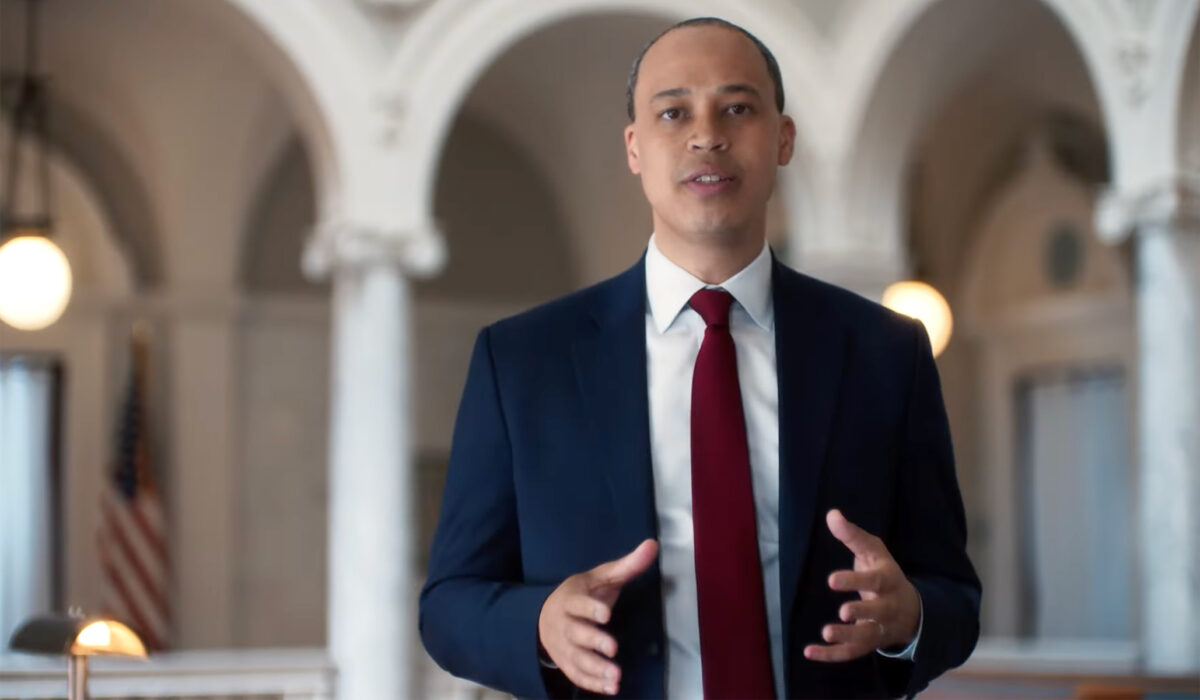When a Reporter Lifts the Veil on Jay Jones
Campaigns sell stories, and consultants polish them until they shine, but stories can crack when someone follows the paper trail. A recent report pulled at threads in Jay Jones’s campaign narrative and revealed inconsistencies that deserve attention. Voters want straight answers, not slick scripts.
Consultants are hired to shape perception, control messaging, and smooth over rough edges, and that role can mask who a candidate really is. When a reporter digs beyond press releases and ads, the contrast between image and record becomes clearer. That contrast is what matters to people deciding who to trust with real power.
Advertising budgets buy reach, not necessarily honesty, and the modern campaign ad often trades nuance for emotional cues. A sharp-eyed journalist found claims in the ad that didn’t line up with public records and past statements, creating reasonable doubt about the narrative. The conservative view here is simple: if you want votes, you owe voters the truth.
Accountability is a two-way street: reporters hold campaigns to account, and the public holds reporters and voters accountable for how they respond. The coverage did not invent controversy; it surfaced questions about priorities and consistency that voters can evaluate. Republicans argue that transparency prevents surprises once a candidate is in office.
Beyond spin, substance matters: policy positions, voting history, and real-world results are what shape governance. When consultants paper over those elements, voters lose a chance to compare candidates on measurable outcomes. The reporter’s work refocuses the conversation on competence and record instead of reruns of the same marketing lines.
Political teams will call such inquiries political theater, but investigative reporting is the basic civic infrastructure of a free society. Exposing discrepancies forces campaigns to explain themselves or correct the record, and that process benefits everyone. From a conservative perspective, it’s also a guardrail against sudden policy shifts that surprise constituents.
Ad scrutiny has practical effects: it changes how future ads are vetted, shifts media strategies, and can even alter voter turnout. When a campaign knows journalists are paying attention, it may choose accuracy over bluff. That’s healthier for democracy and better for voters who deserve clarity about where a candidate stands.
Voters shouldn’t expect perfection, but they should expect honesty and consistency. The recent reporting around Jay Jones’s ad challenged the glossy surface and asked for proof, and proof is what campaigns ought to bring before asking for support. In the end, people care more about competence and reliability than about clever edits and feel-good music.
The real test for any candidate is how they respond when inconsistencies are pointed out: do they explain, correct, and move forward with transparency, or do they double down on spin? Responsible campaigns answer directly and provide documentation when claims are questioned. Voters, guided by reporting like this, can then decide whether the candidate earns their trust.

